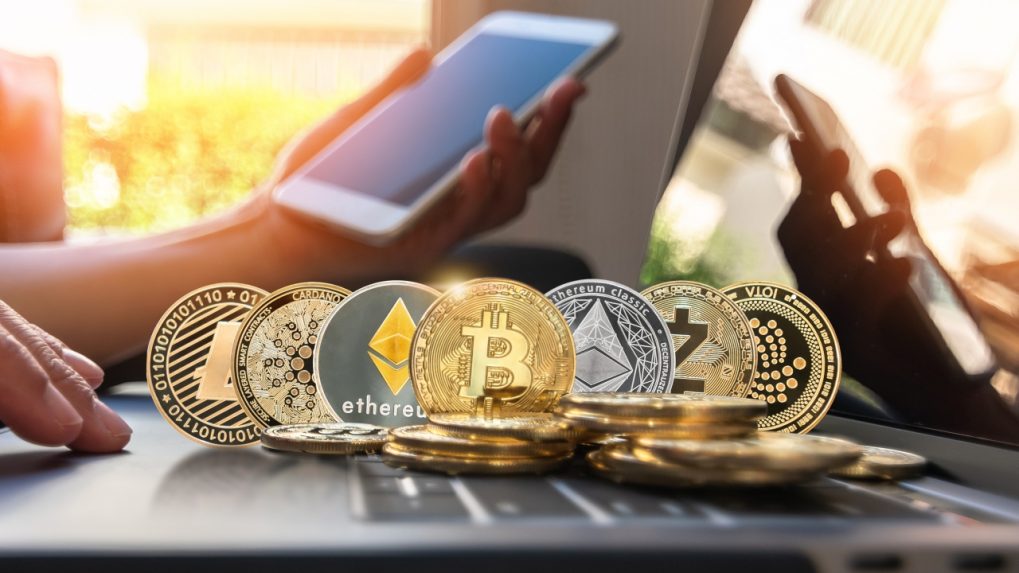Mini
Finance Minister Nirmala Sitharaman has previously pushed for international cooperation to decide the future of cryptocurrencies. She has also voiced her concerns regarding the threat these assets present to global financial stability.Now, she intends to use the G20 forum to table these issues and make headway in terms of crypto regulations and the creation of an international SOP for the digital asset industry.
India is set to assume G20 Presidency for one year, starting from December 1, 2022, until November 30, 2023. During this period, India will host over 200 G20 meetings across the country. A prime topic for several of these meetings will be crypto regulation and the future of the digital asset industry.
Finance Minister Nirmala Sitharaman has previously pushed for international cooperation to decide the future of cryptocurrencies. She has also voiced her concerns regarding the threat these assets present to global financial stability.
Now, she intends to use the G20 forum to table these issues and make headway in terms of crypto regulations and the creation of an international SOP for the digital asset industry. “That (crypto) will also be part of India’s thing (agenda during G20 presidency),” said Sitharaman while addressing reporters during the meetings of the IMF and World Bank in Washington D.C on October 16.
The G20, or Group of Twenty, is an intergovernmental forum comprising the European Union (EU) and 19 countries, including America, Germany, Australia, etc. Together, these nations make up more than 80 percent of the world’s GDP. As such, the G20 is a critical forum for leading countries to discuss global economic and financial agendas.
Sitharaman noted that several participating nations of the G20 are already doing some assessments and studies related to cryptocurrencies and digital assets. “We would definitely want to collate all this and do a bit of study and then bring it on to the table of the G-20 so that members can discuss it and hopefully arrive at a framework or SOP so that globally, countries can have a technology-driven regulatory framework,” she said.
Also, prime on Sitharaman’s agenda is money laundering and scams orchestrated through cryptocurrencies and digital assets. “This concern has been actually acknowledged by several members of the G20, saying yes money trail, yes money laundering, yes drug misuse, and so on. There is an understanding that we need to have some kind of regulation, and that all the countries will have to be true together on it, no one country is going to be able to singularly handle it,” explained Sitharaman.
The worrying factor is that sentiments around cryptos and web3 are not particularly friendly within the country. For instance, in July 2022, the Reserve Bank of India (RBI) stated that cryptocurrencies should be prohibited as they could destabilise monetary and fiscal stability. This has sparked a debate within the crypto community in India. Will India’s G20 presidency serve as the genesis for its crypto regulatory framework, or will it stifle technological innovation? Sitharaman’s initial comments on the topic have left the crypto faithful optimistic.
“We don’t want the technology to be disturbed. We want the technology to survive and be in a position for the FinTech and other sectors to benefit from it,” she said in the same press conference. These are welcome statements given the current scenario of Web3 in the country. It is a nascent industry which will undoubtedly create employment, new markets, business models, and several other opportunities in the coming years. Also, with the country’s wealth of talented developers, coders and IT professionals, India is touted to emerge as a key player in the global Web3 landscape.
As such, most experts believe that India’s presidency at the G20 could be productive for crypto and web3 regulation. “With India’s leadership position at the G20 and with global cooperation, we are looking ahead to how the entire Web3 ecosystem can further India’s ambition of a $5 trillion economy. I believe the industry has tremendous capabilities to contribute immensely to that ambition — the next phase of Make in India for the world,” said Sumit Gupta, CEO & co-founder of CoinDCX.
Read More: news.google.com










 Bitcoin
Bitcoin  Ethereum
Ethereum  Tether
Tether  Solana
Solana  XRP
XRP  Dogecoin
Dogecoin  USDC
USDC  Cardano
Cardano  Lido Staked Ether
Lido Staked Ether  Avalanche
Avalanche  TRON
TRON  Toncoin
Toncoin  Stellar
Stellar  Shiba Inu
Shiba Inu  Wrapped stETH
Wrapped stETH  Wrapped Bitcoin
Wrapped Bitcoin  Polkadot
Polkadot  Chainlink
Chainlink  Bitcoin Cash
Bitcoin Cash  WETH
WETH  Sui
Sui  Pepe
Pepe  NEAR Protocol
NEAR Protocol  LEO Token
LEO Token  Litecoin
Litecoin  Uniswap
Uniswap  Aptos
Aptos  Wrapped eETH
Wrapped eETH  Hedera
Hedera  Internet Computer
Internet Computer  USDS
USDS  Cronos
Cronos  Ethereum Classic
Ethereum Classic  POL (ex-MATIC)
POL (ex-MATIC)  Bittensor
Bittensor  Render
Render  Artificial Superintelligence Alliance
Artificial Superintelligence Alliance  Ethena USDe
Ethena USDe  Algorand
Algorand  Arbitrum
Arbitrum  Filecoin
Filecoin  Bonk
Bonk  Celestia
Celestia  Stacks
Stacks  Dai
Dai  Cosmos Hub
Cosmos Hub  WhiteBIT Coin
WhiteBIT Coin